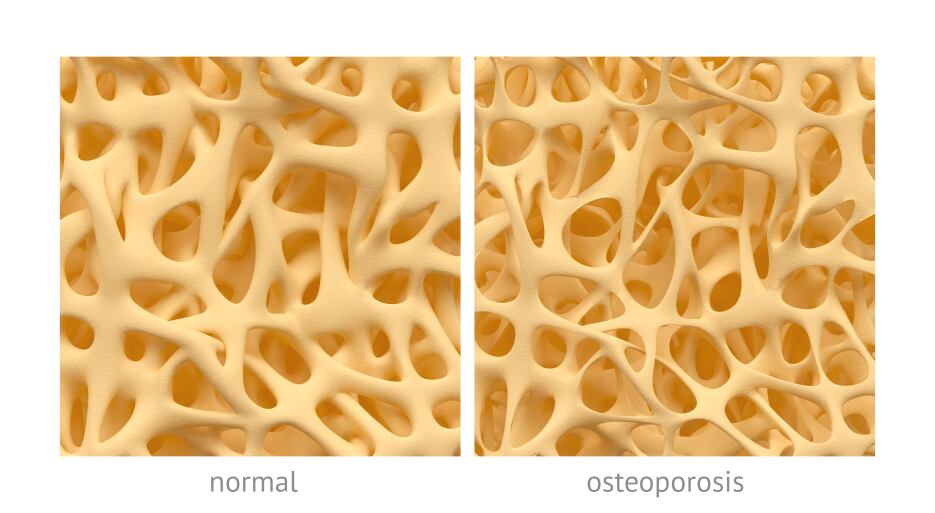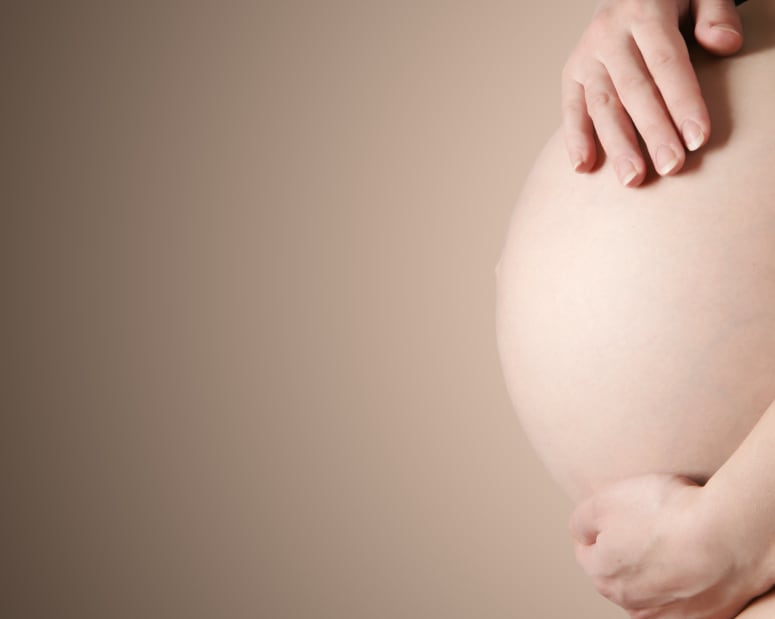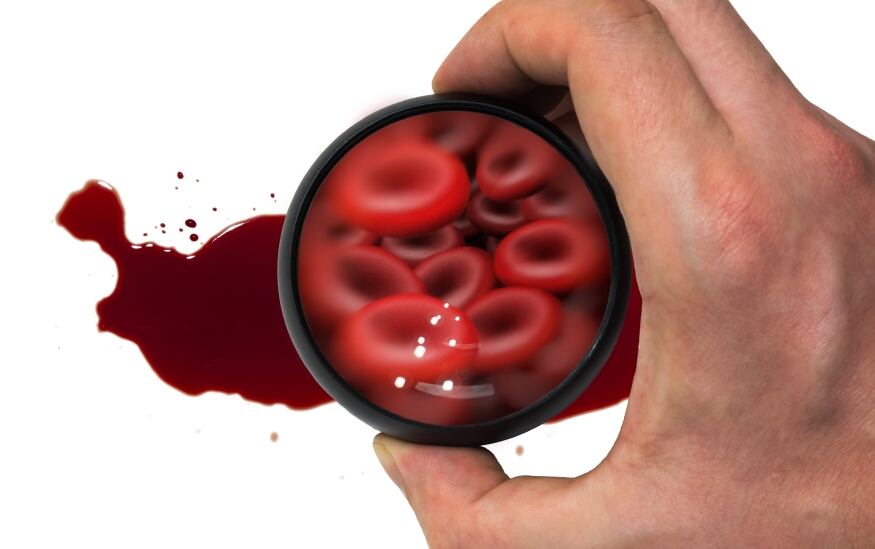Writing in Lancet Rheumatology, Swedish researchers say a probiotic treatment consisting of three Lactobacillus strains protects against lumbar spine bone loss in healthy postmenopausal women.
“We are proud to be the first probiotic company to launch a probiotic concept within bone health,” comments Tom Rönnlund, CEO of Probi.
“We have experienced huge interest after the launch of the product concept to our business partners, and in just one year the concept has already been launched globally, both in Europe, the US and Asia.”
“The lumbar spine bone loss of −0·72% seen in the control group was averted by the probiotic treatment, which is comparable to other dietary interventions,” says Shivani Sahni, assistant professor of medicine, Harvard Medical School in a co-authored comment piece in the journal.
“This level of effect shows benefit for prevention, but the benefit is of far less magnitude compared to other drug therapies such as bisphosphonates and selective oestrogen receptor modulators in postmenopausal women with osteoporosis.”
The gut microbiota is an emerging area of research in relation to chronic diseases of ageing, including osteoporosis.
Its importance for both health and disease has been intensively studied with trials showing that manipulation of the composition of the gut microbiota might alter bone homeostasis in rodents.
A 2019 study showed that Lactobacillus abundance positively correlated with lumbar spine bone mineral density (LS-BMD) in a population, suggesting a possible link between Lactobacillus and bone mass in humans.
A study first
Probi’s latest research represents one of the first large randomised, double-blind, placebo-controlled clinical trials to evaluate the efficacy of a probiotic treatment on bone.
Here, 249 healthy post-menopausal women were randomly assigned to receive probiotic treatment consisting of three Lactobacillus strains (Lactobacillus paracasei DSM 13434, Lactobacillus plantarum DSM 15312, and Lactobacillus plantarum DSM 15313; 1 x 10¹⁰ colony-forming units per capsule) or placebo once daily for 12 months.
The primary analysis was carried out in all participants with BMD measurements available both at baseline and at 12 months.
The team found that Lactobacillus treatment reduced the LS-BMD loss compared with placebo (mean difference 0·71%).
The LS-BMD loss was significant in the placebo group (–0·72%), whereas no bone loss was observed in the Lactobacillus-treated group (–0·01%). The adverse events were similar between the two groups.
Discussing the significance of their findings, the team point to previous studies suggesting the bone protective effect of probiotics may involve reduced gut permeability and increased levels of short-chain fatty acids.
Further mechanisms of action, which may play a role include reduced inflammation in the gut, and reduced levels of proinflammatory cytokines in bone, and thereby reduced osteoclastic bone resorption.
“We are very excited about the results showing an opportunity to delay the progression of bone loss using our probiotics in this healthy population, which potentially may lead to a reduced risk for osteoporosis,” says Titti Niskanen, director R&D & clinical operations at Probi.
Hip bone loss
Comment co-author Connie Weaver, distinguished professor in the department of nutrition science at Purdue University, points to the bone loss found at the hip in the probiotic treatment group, which she says is not fully explained in the article.
“The choice of three Lactobacillus strains used in the intervention was based on the authors' preliminary work in mice; however, a systematic approach should be used in future studies to determine the strains to be tested,” she says.
“Similarly, more studies are needed to determine the optimum dose of these strains, particularly given the negative effect of the intervention at the hip bone mineral density in the study by Jansson and colleagues.”
“Time since menopause is an important factor that could modify the effect of these probiotics on bone mineral density, and this should be further clarified in future studies.
“Similar data are needed for fractures, given that no studies have been done in this area. Lastly, the practicality of package labelling and translation needs to be considered before these probiotics are offered to consumers.”
Source: Lancet Rheumatology
Published online: doi.org/10.1016/S2665-9913(19)30068-2
“Probiotic treatment using a mix of three Lactobacillus strains for lumbar spine bone loss in postmenopausal women: a randomised, double-blind, placebo-controlled, multicentre trial.”
Authors: Jansson P-A, Curiac D, Lazou Ahrén I, Hansson F, Martinsson Niskanen T, Sjögren K, Ohlsson C.




